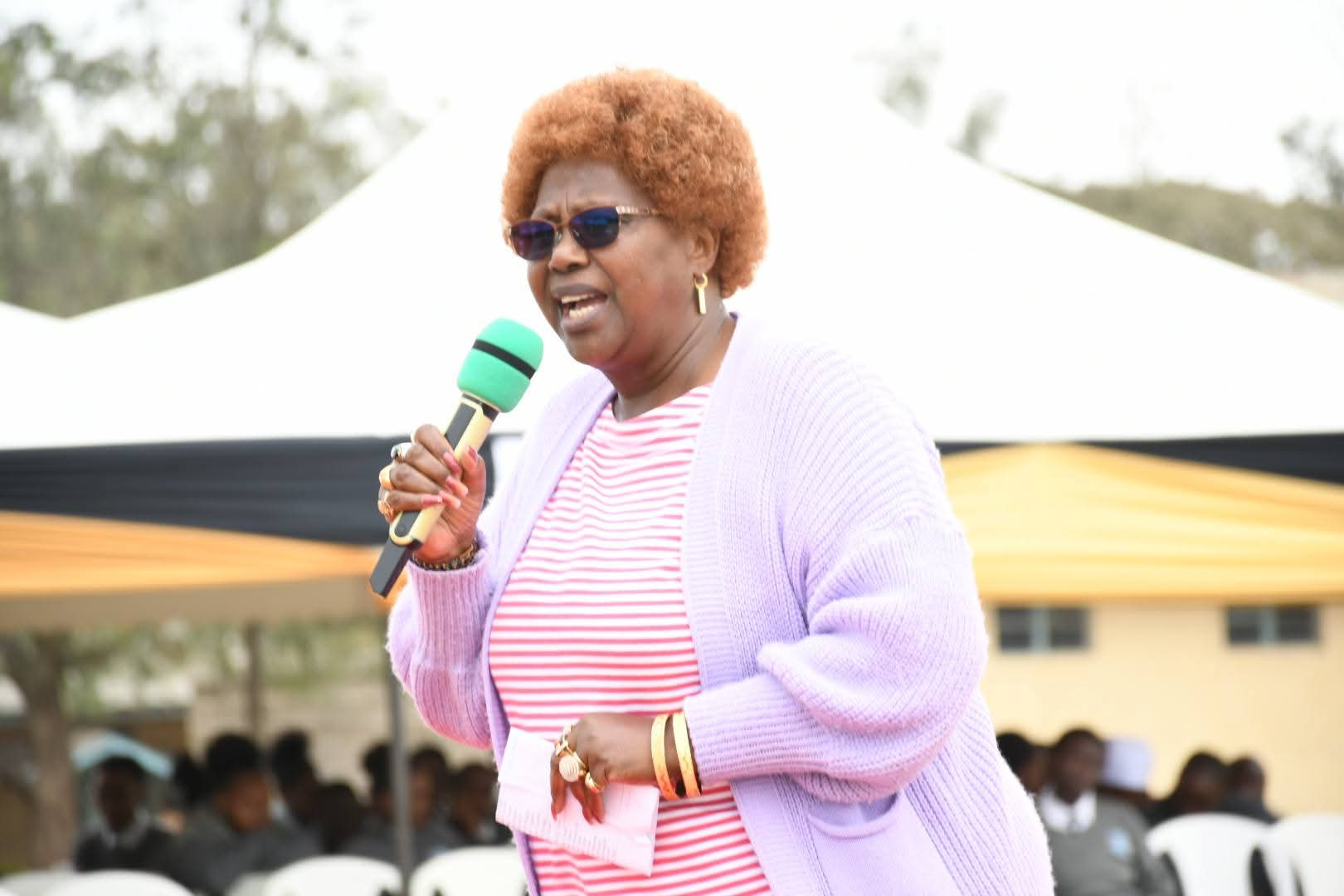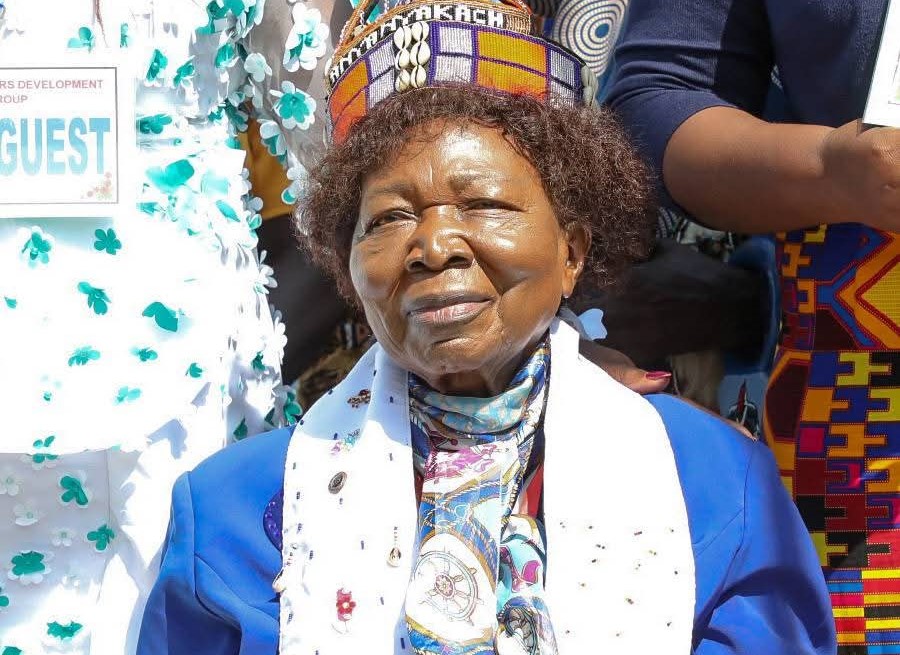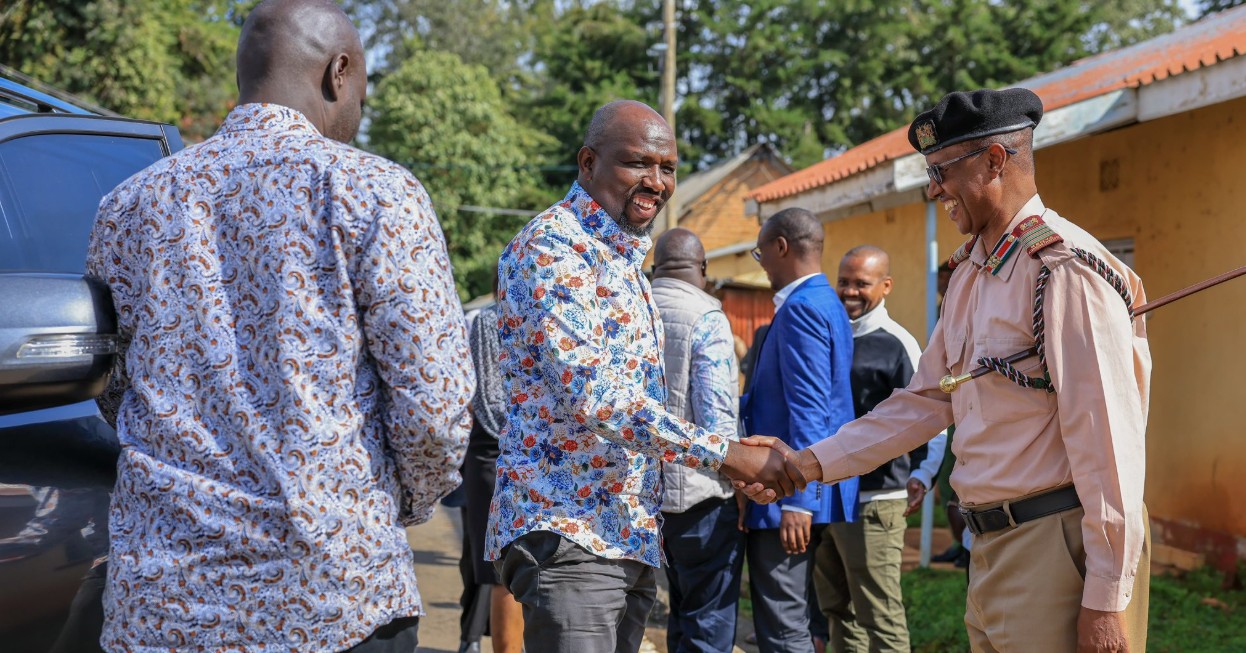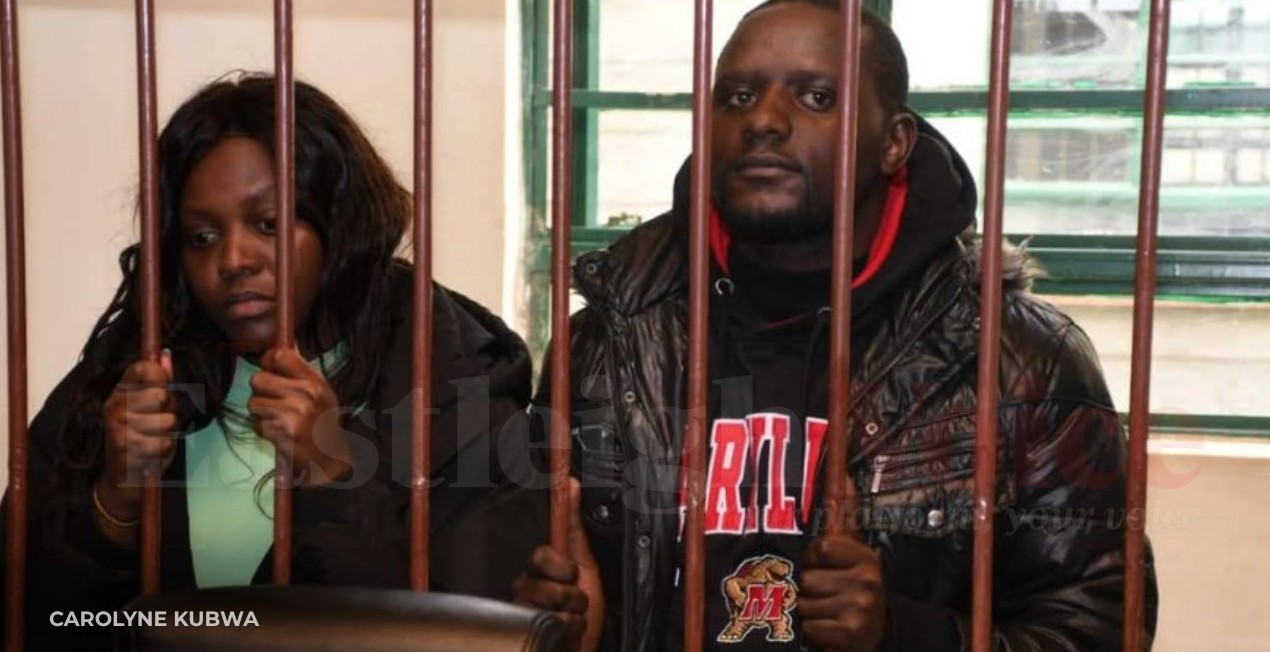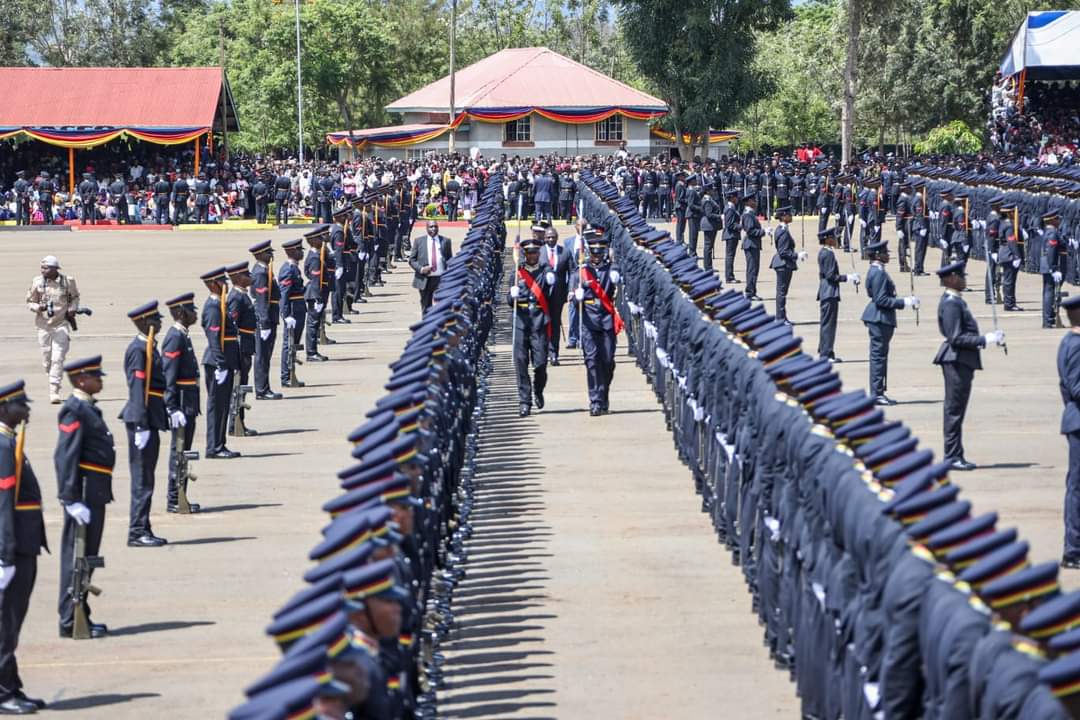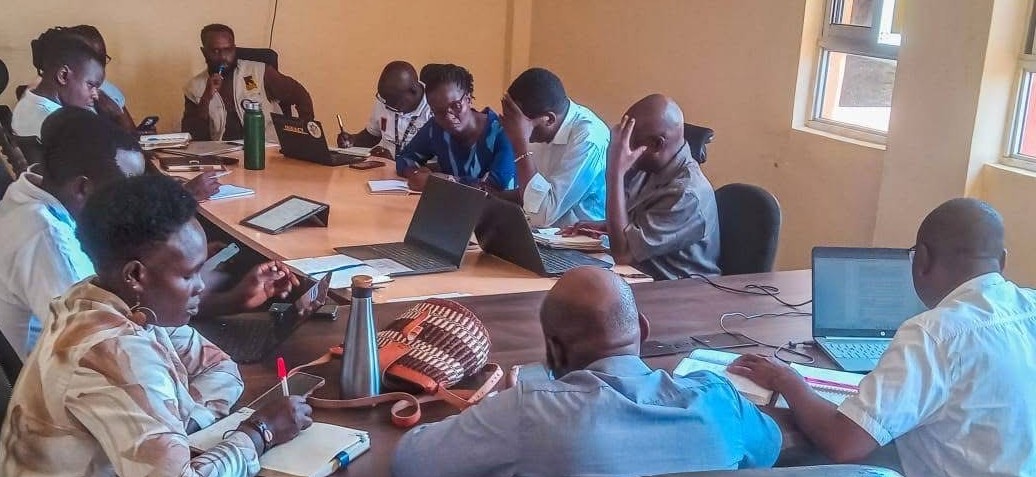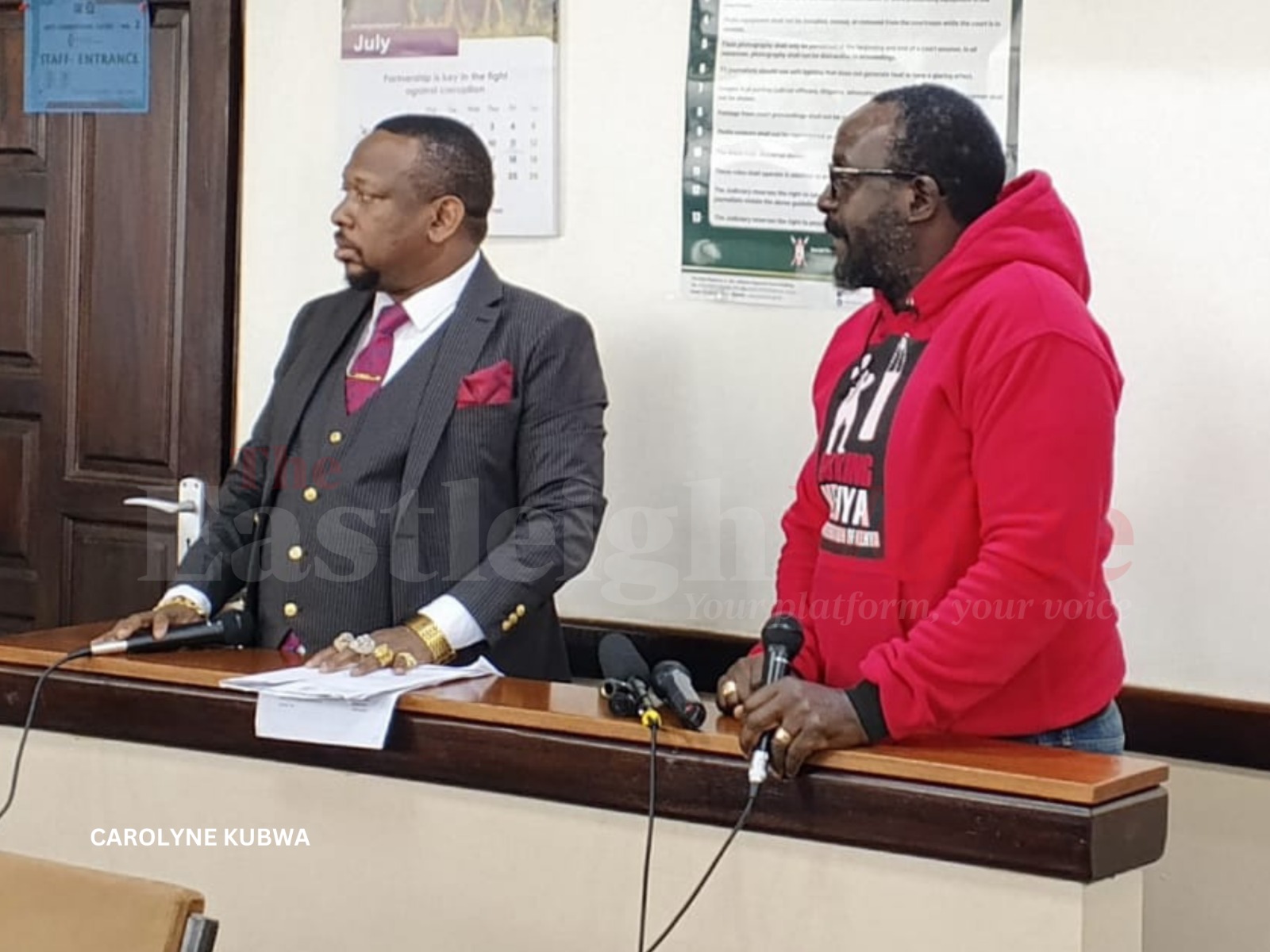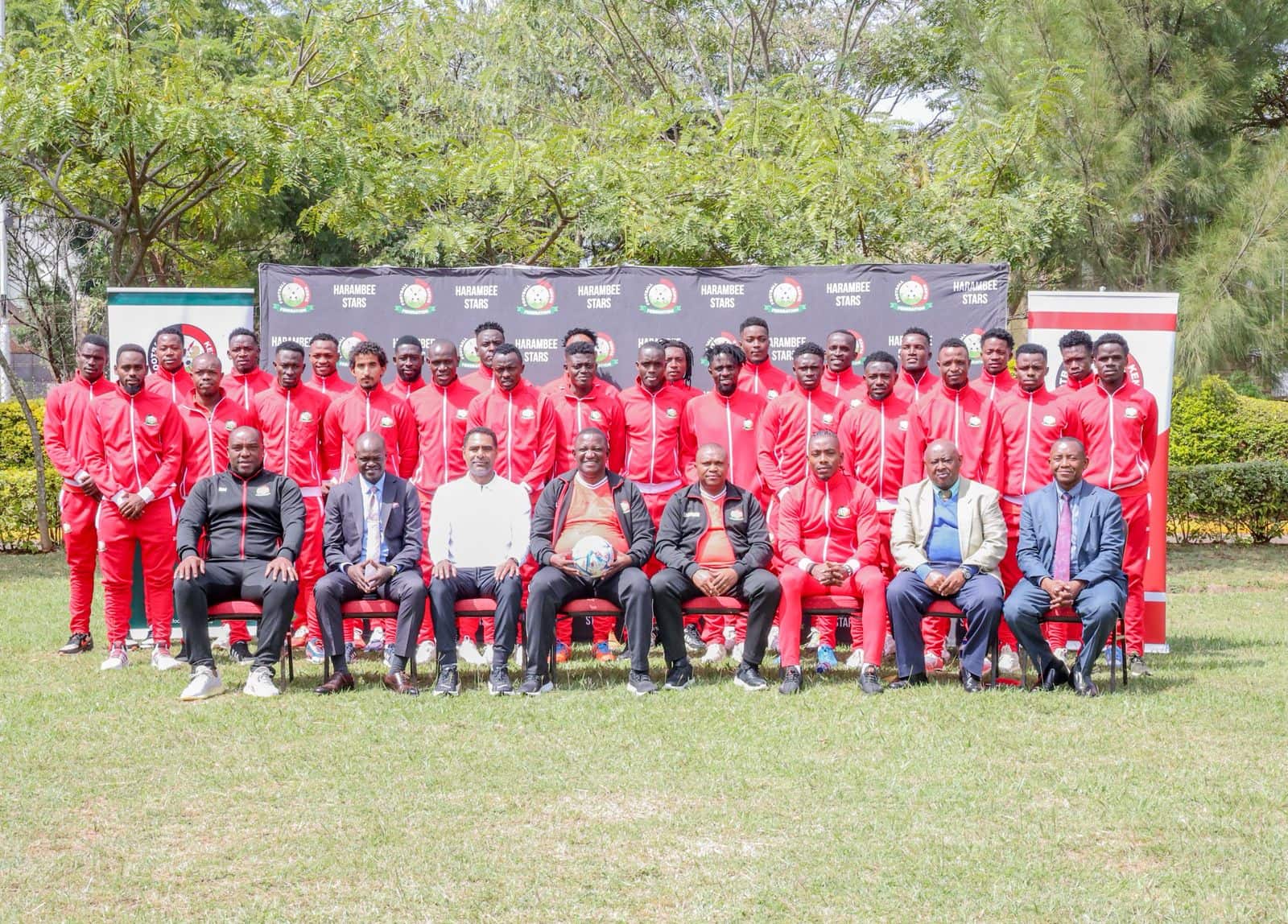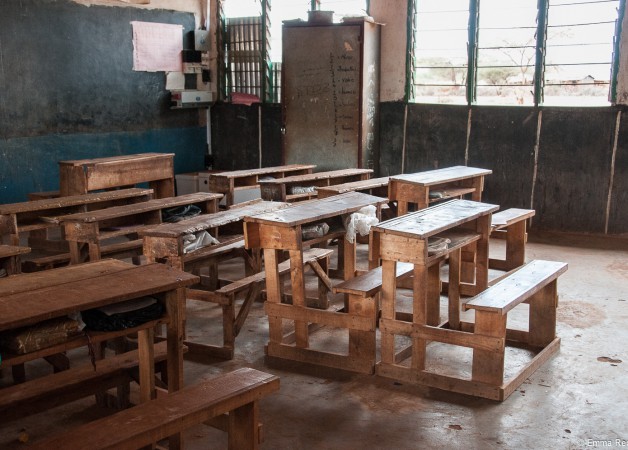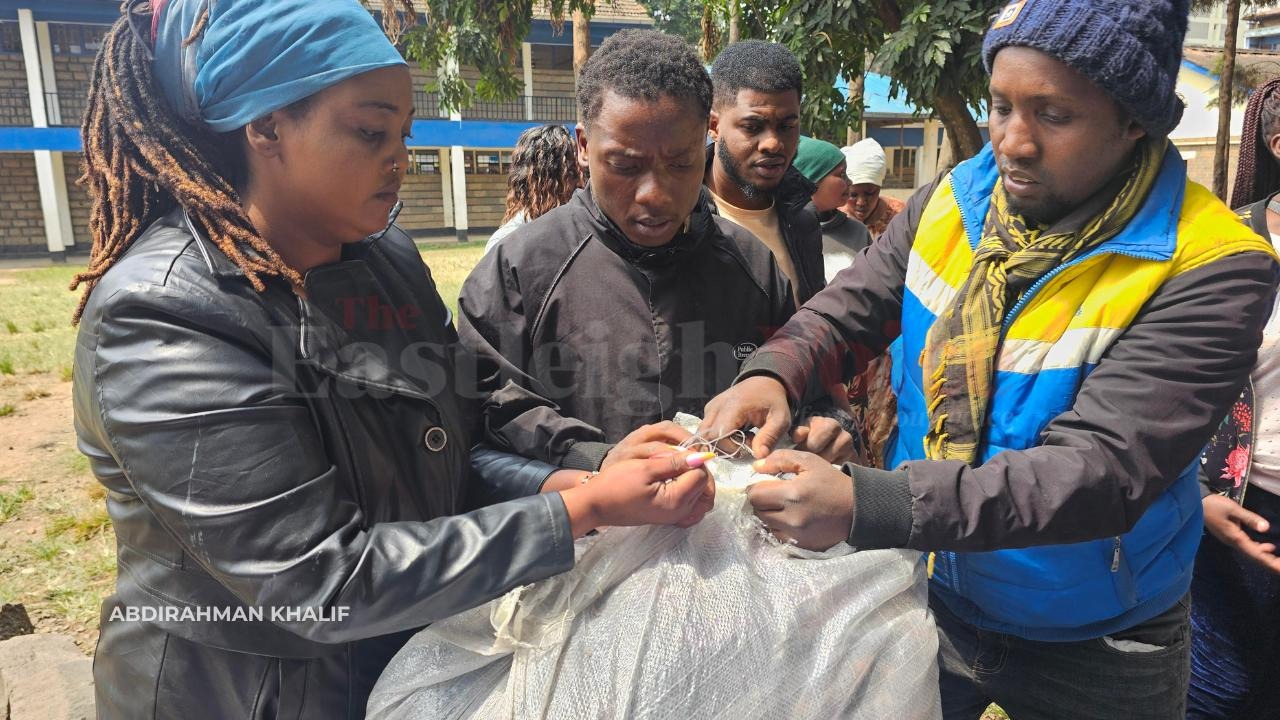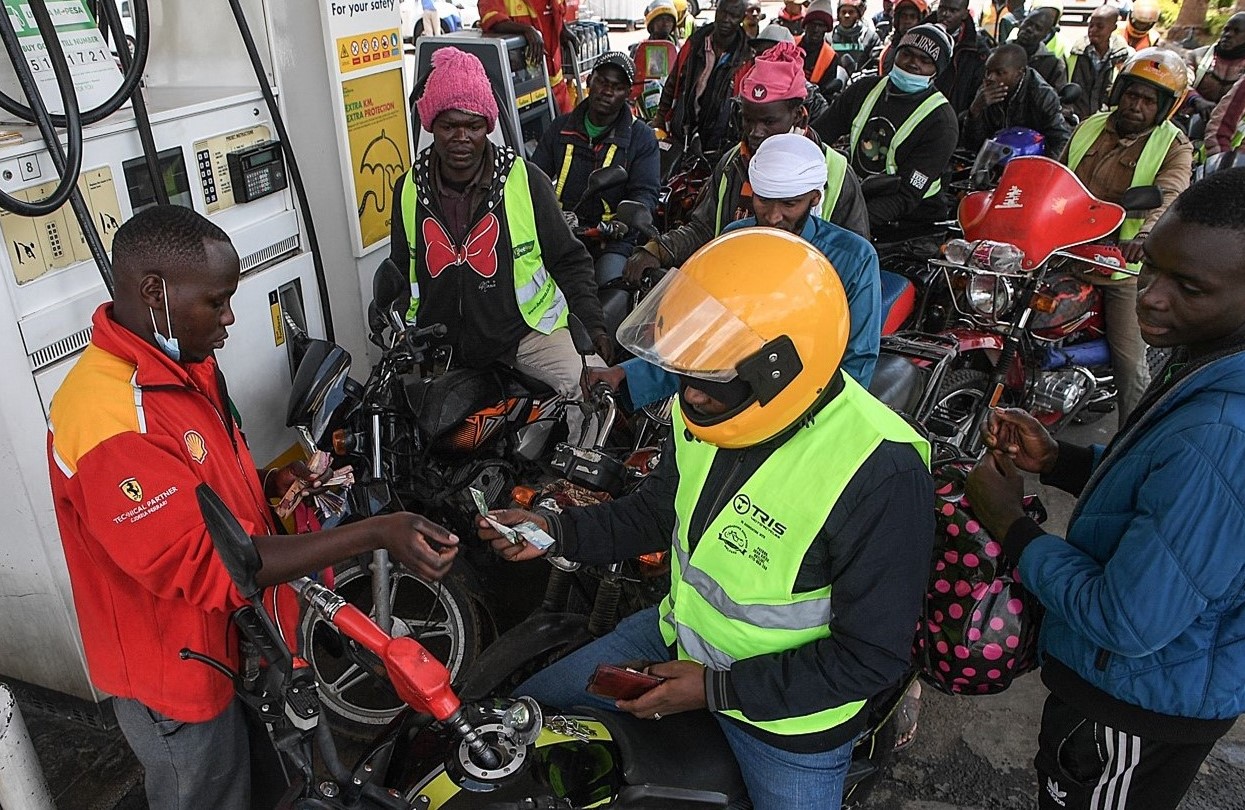Nelson Havi urges President William Ruto to release detained protesters, warns against repression
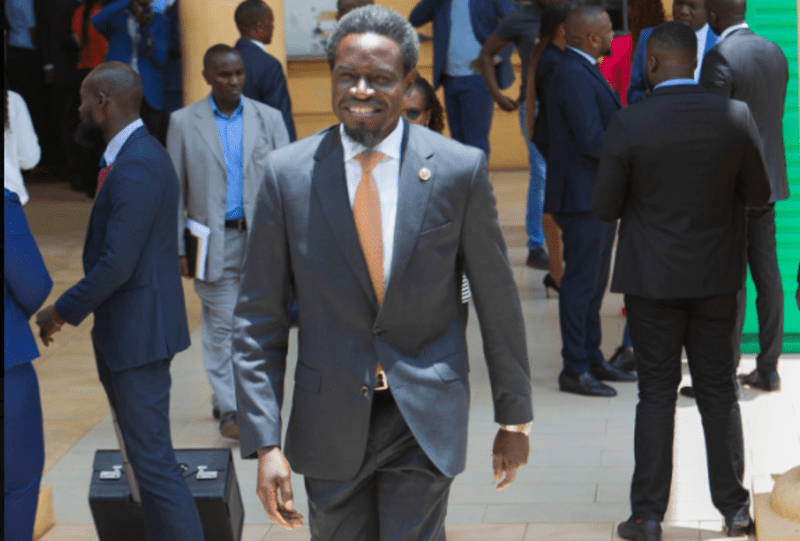
Nelson Havi made a direct appeal to President William Ruto, urging him to instruct the Ministry of Interior to drop what he termed as fabricated charges and immediately release the detained young protesters.
Former Law Society of Kenya (LSK) President Nelson Havi has urged President William Ruto to order the release of detained youth protesters, labelling the charges 'trumped-up' and the arrests unconstitutional.
Havi’s remarks come in the wake of Interior Cabinet Secretary Kipchumba Murkomen’s disclosure that 42 people were killed and 1,500 others arrested in connection with nationwide unrest during the June 25 and July 7 demonstrations.
More To Read
- Justin Muturi reveals how he became AG after initially declining the role
- Grief and anger as form three student killed during Saba Saba protests laid to rest
- Ruto: Iconic Jacaranda Grounds to be transformed into stadium by September
- Don’t bury before autopsies- rights groups say, as they demand speedy, transparent probe
- IPOA concludes probe into State House aide's fatal shooting of driver Amos Langat
- Ruto visits Harambee Stars ahead of the historic CHAN tournament
In an interview on Spice FM, Havi criticised the government’s crackdown on demonstrators, saying the arrests target young Kenyans who have done nothing more than demand accountability.
“These are kids,” Havi said, criticising the government’s decision to charge some of the detainees with terrorism. “They have done nothing wrong. Let these children go home to their parents. We do not need a court order for these kids to go home. They have only asked for accountability in your government.”
Havi made a direct appeal to President William Samoei Ruto, urging him to instruct the Ministry of Interior to drop what he termed as fabricated charges and immediately release the detained young protesters.
He reminded the president of his role as a parent, warning that the government’s actions were not only unjust but also morally and constitutionally wrong. “This is not what you signed up for,” he said.
"I plead with President William Ruto to order the Ministry of Interior to forego these trumped-up charges and release these young men and women. President Ruto, you are a father,you have boys and girls."
Lawyer and politician Paul Muite also voiced his concern, joining a growing number of leaders and human rights defenders who have condemned the harsh bail conditions imposed on protesters arrested during the recent demonstrations.
In a statement, Muite criticised the decision to charge Gen Z protesters with terrorism-related offences. He argued that these actions undermine Article 49(1)(h) of the Constitution, which guarantees the right to reasonable bail.
“Imposing these unreasonably tough Bail Conditions on Gen-Zees charged with politically motivated terrorism offences violates the Constitutional Right to Bail; Article 49(1)(h); reasonable bail conditions. Magistrates should avoid being perceived as an extension of the Executive,” Muite said.
On Wednesday, Judiciary Spokesperson Paul Ndemo clarified the procedures governing bail and bond decisions, following public uproar over the death of 24-year-old Julia Wangui Njoki, who allegedly endured torture while in police custody.
In an interview with NTV, Ndemo responded to mounting criticism that courts are setting unaffordable bail conditions, particularly for first-time, non-violent offenders.
He explained that bail and bond decisions are not made arbitrarily, but are instead guided by judicial policy and the discretion of magistrates and judges, who assess each case based on its specific facts and context.
“The court will look at the seriousness of the offence and the varying circumstances of the case,” Ndemo said. “Judicial officers look at factors such as the seriousness of the offence, the charges presented, and the overall context. The judicial officer will look at what is reasonable."
Ndemo explained that suspects may be released on personal bond, which requires no cash payment, if the court determines they are not a flight risk. However, factors such as lack of a fixed residence, foreign nationality, or potential to obstruct justice could result in the denial of bail.
Other Topics To Read
Top Stories Today
